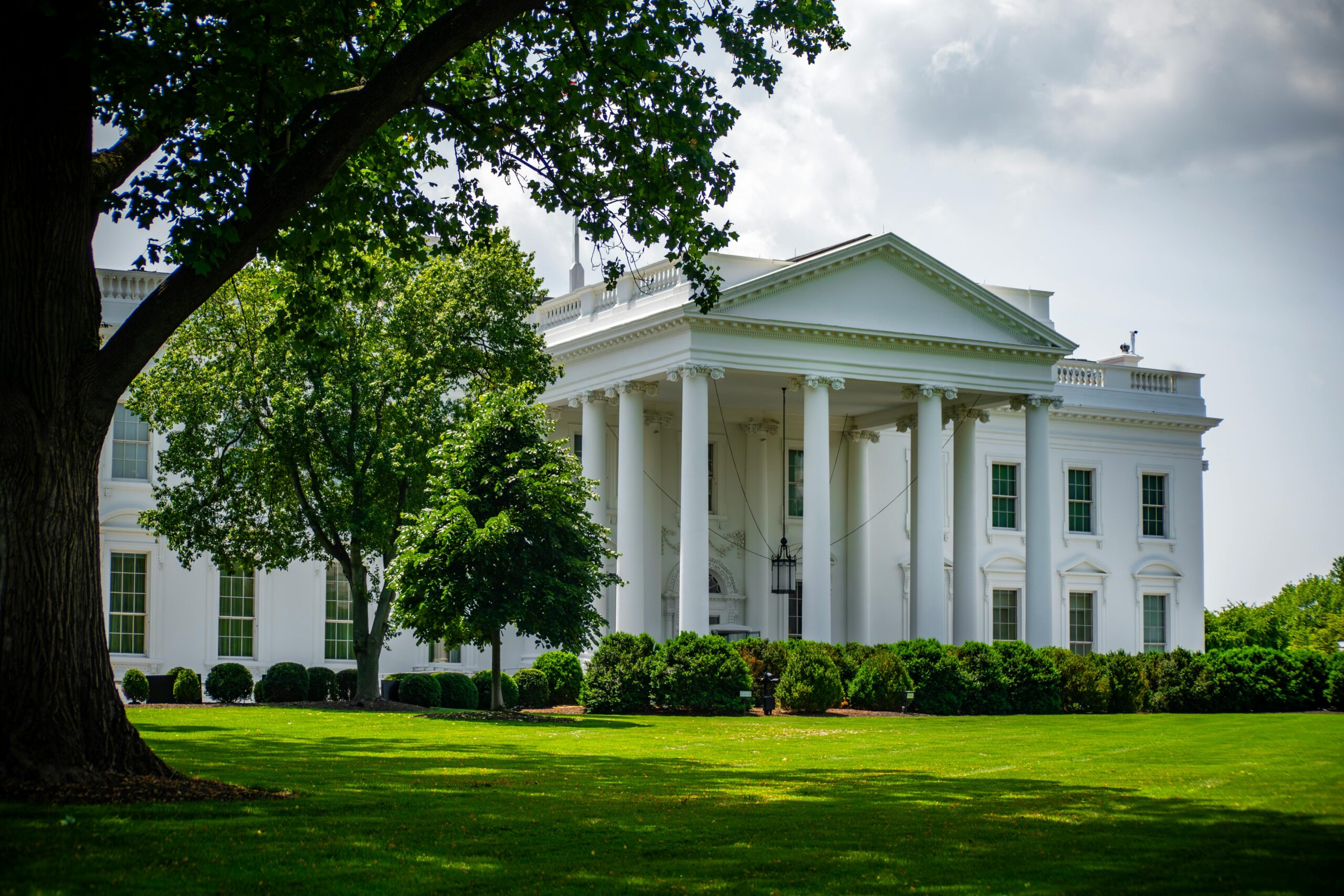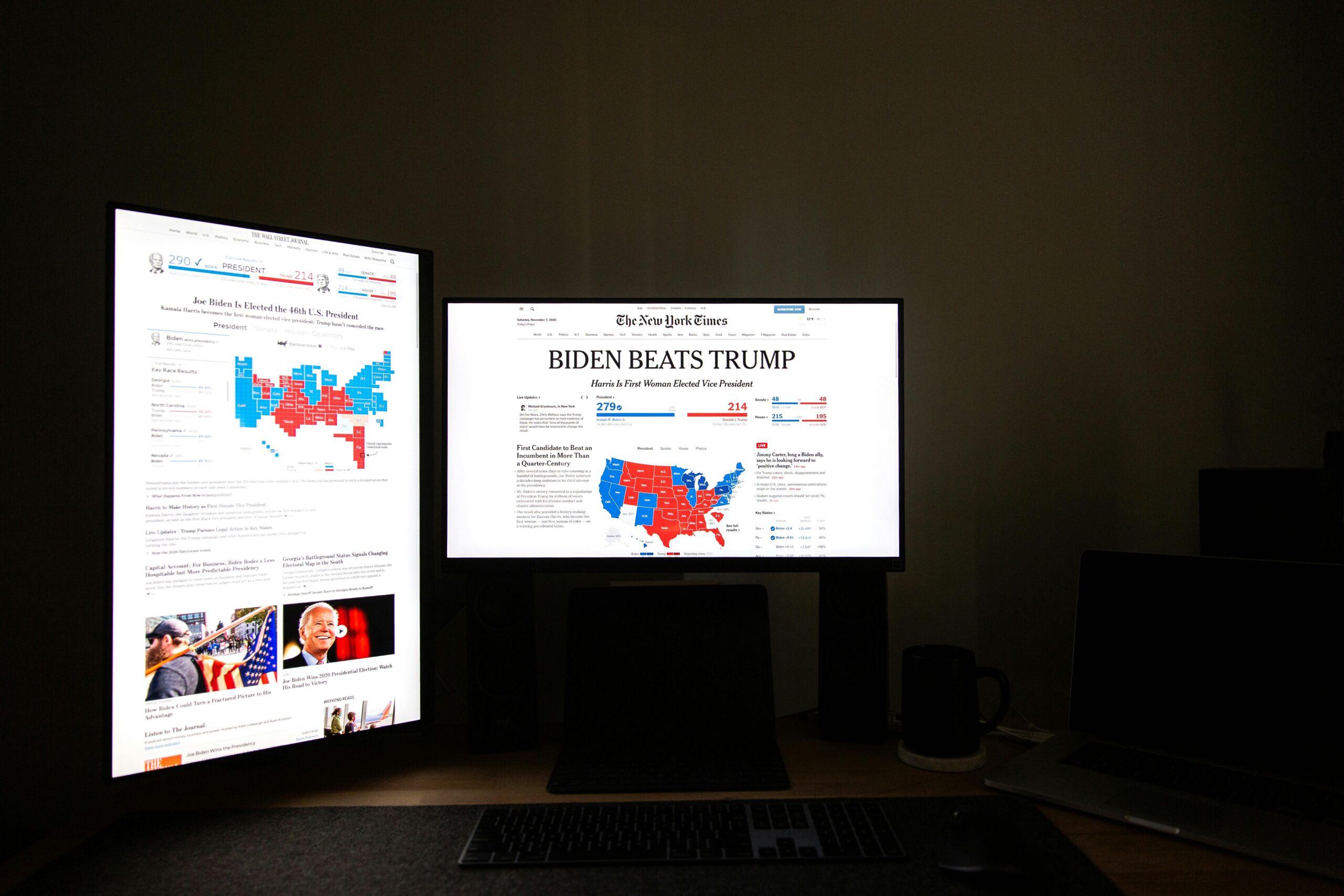Donald Trump’s presidency may be over in January of 2021, but his policies are not forgotten. In 2025, most of the defining issues of his presidency are in the headlines again, either because they still dominate national conversations or because fresh political battles have brought them back into focus. From trade and immigration to healthcare and diplomacy, the Trump presidency bequeathed a roadmap that still shapes America.
As the United States enters further into yet another contentious political cycle, various Trump policies have again made headline news, validating that his presidency is a defining part of contemporary politics.
In 2025, immigration is again at the forefront with record numbers of migrants crossing the southern border. The controversy shows how Trump’s immigration agenda shifted the country’s national discourse irreversibly, making border security a focal point of American politics. Economists say that some U.S. sectors gained from protectionist measures, but others—like agriculture—lost out due to retaliatory tariffs imposed by trading partners.
What has emerged, though, is that Trump fundamentally transformed the manner in which both sides speak of globalization. Modern candidates regularly invoke Trump’s trade policy when arguing how to deal with China and other rivals.
Healthcare and the Affordable Care Act
Trump ran for office in 2016 on the platform of repealing and replacing the Affordable Care Act, or Obamacare.
In 2025, healthcare is still a contentious issue. Increasing costs and insurance issues have brought renewed debate to Trump’s efforts to restructure the system. New reports indicate that long-term consequences of repealing the mandate have added to changes in insurance coverage levels.
The return to healthcare is testament to how Trump’s partial dismantling of the ACA left a unresolved debate which continues to consume policy debates today.
Environmental Deregulation
The other characteristic of the Trump presidency was its comprehensive deregulation of environmental protection. Reports state that several of the rollbacks he implemented continue to shape regulatory policies today despite efforts to reverse them under later administrations.
Trump supporters claim the policies of deregulation increased domestic energy production and cut business costs, while opponents argue the long-term effects on the environment are greater than any short-term economic benefits.
Judicial Appointments and the Supreme Court
One of the longest-lasting legacies of the Trump administration may be its influence on the federal judiciary.
Polarization and Institutional Trust
In addition to the policies themselves, perhaps one of the biggest legacies of the Trump administration is the polarization it left in its wake. Recent news coverage points to how debates around election integrity, media trust, and government accountability all date back to the Trump era.
Surveys in 2025 indicate that Americans are still highly polarized not just on Trump’s policy but also on whether his presidency helped strengthen or weaken democracy. This polarization guarantees that his policies continue to be part of the national debate, at times acting as political tests of allegiance.
Conclusion: A Legacy That Refuses to Fade
As the 2025 headlines show, the main policies of the Trump administration are anything but history. Immigration, trade, healthcare, climate, judicial nominations, and foreign policy are still being argued through the prism of the Trump presidency.
They are viewed by supporters as bold actions that prioritized American interests and forced a dysfunctional system to be challenged. They are seen by detractors as polarizing and harmful, with fallouts that still play out.
What is certain is that Trump altered the terms of discussion on virtually every big issue. Direct policy changes or the controversies that ensued notwithstanding, his presidency rewrote the book on governing from the White House. In so many ways, the Trump era never actually came to an end—it simply became a perpetual background against which the next chapter in American politics is being written.





